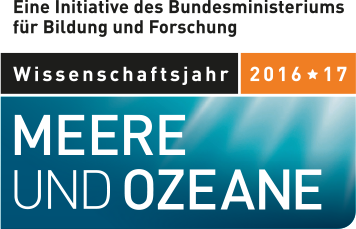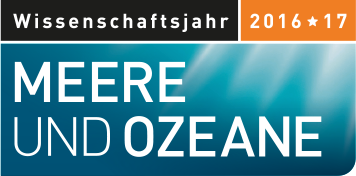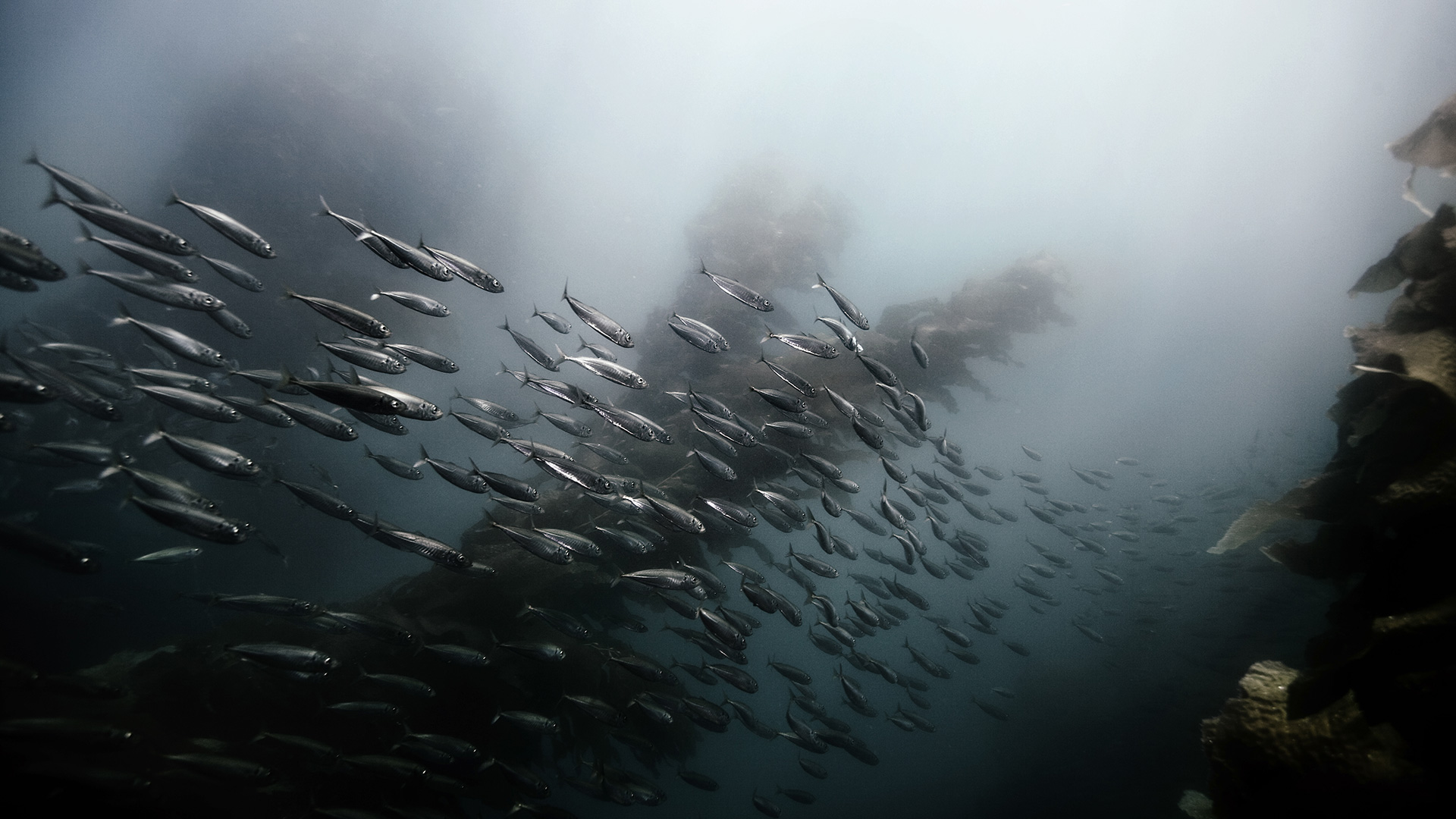Secrets in fish blood
"Cod is an important commercial fish species, as we know from the popularity of fish and chips in Britain," says Czachur. Thanks to the Erasmus programme, Czachur is spending six months at the Alfred Wegener Institute (AWI) gaining practical experience in researching how climate change affects fish stocks. She is doing this in the Institute's Integrative Ecophysiology research section. Among other things, this research group is investigating how marine life forms are reacting to the increasing acidification of the oceans.
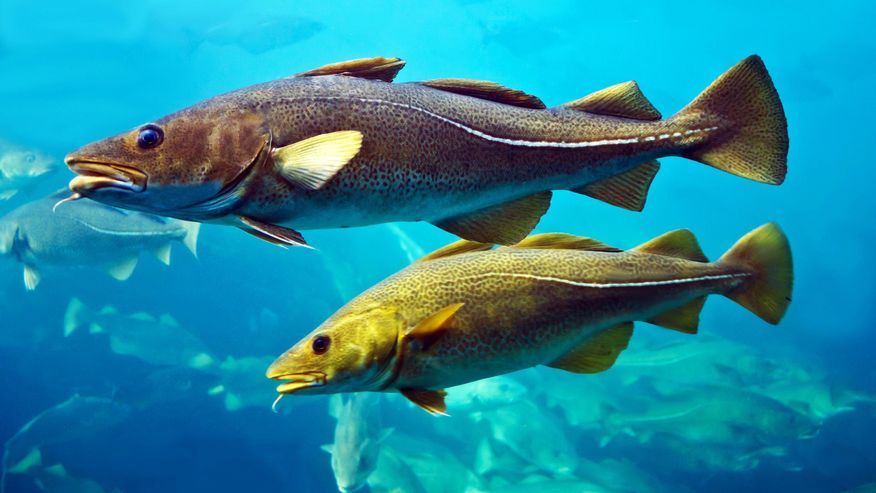
Blood plays an important role in fish as a buffer which maintains stable pH values. "One of the things I am investigating is how the oxygen-binding capacity of haemoglobin changes," Czachur says. Researchers at the AWI suspect that juvenile fish in particular have problems in adapting to more acidic water.
Czachur is particularly glad that she has the opportunity to get to know cutting-edge molecular biology techniques in Bremerhaven. "For example, I am working with Dr. Felix Mark of the AWI on the newly patented system BOBS, which is short for Blood Oxygen Binding System," she says. The device, which was developed at AWI, provides a fully automated system for measuring oxygen-binding capacity using only tiny blood samples. "It's brand new, and I am practically the very first person to use it!" she enthuses.
She has also learnt how to analyse DNA using various methods including a variant of the polymerase chain reaction (PCR) known as quantitative real-time PCR. This technique allows AWI researchers to find out whether certain fish genes are switched on or off when environmental conditions change.
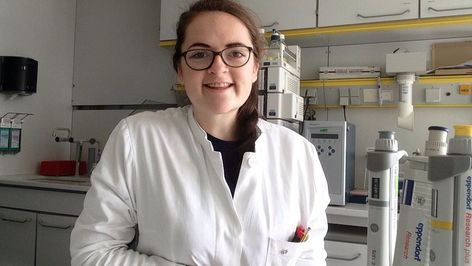
Molly Czachur recently completed her studies for her Masters degree in Marine Biology at Bangor University in Wales. She is interested in how molecular biology can be used in the protection of endangered species and is currently gathering international experience. After spending six months in Kenya on a mangrove conservation project, she is currently working for a similar period at the Alfred Wegener Institute for polar and marine research in Bremerhaven.
Molly Czachur really likes the daily lab work. "The conditions at the AWI are excellent for my career development – I'm delighted that I can take part in such an exciting project," she says.
The work in Bremerhaven provides a major contrast to her previous post in Kenya at the Kenya Marine and Fisheries Research Institute. There she investigated how the restoration of mangrove forests affects biodiversity and the local climate. "In order to carry out an assessment of the mangroves I spent a lot of my time out in the field, which was a very different kind of research." She recently presented the results of the project at a conference in Brussels.
In June, Czachur will transfer to Stellenbosch University in South Africa where she will do her PhD. She is already looking forward to it: "From polar fish to tropical fish – what a contrast!"
Further information:
